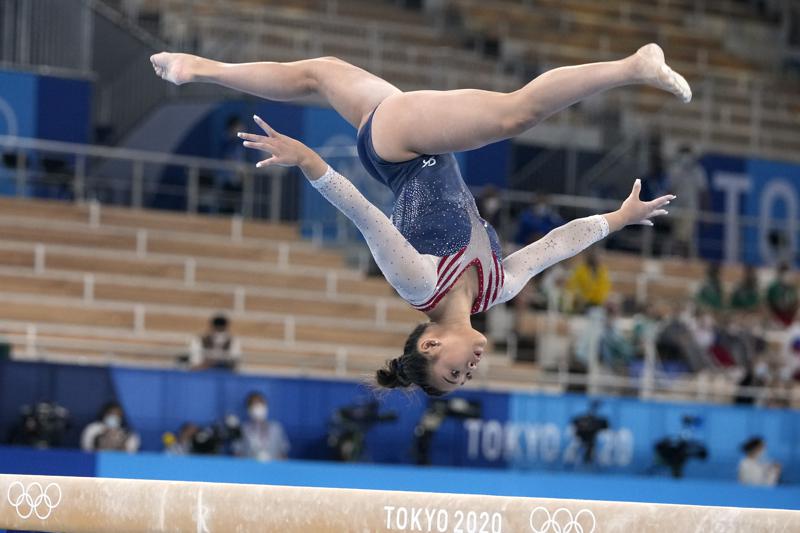

Thousands of hours of practice. Dozens upon dozens of competitions. And not once has a judge watched the new Olympic all-around champion do her thing — not even on uneven bars, where the 45-second set she plans doing in Sunday’s event finals is a free-flowing series of connections and releases that make it seem as if she is floating — and thought “that’s flawless.”
Lee is not alone. No elite gymnast — not even American star and six-time Olympic medalist Simone Biles — has received a perfect score since the sport moved off the “10” system to a new Code of Points in 2006. Scores are now a combination of the difficulty of the routine (which is open-ended) and the execution, which is based on a 10.0 scale.
In theory, “perfect” execution is possible. It’s just that no one has ever done it. A reality that long ago led Lee to make peace with the idea that a faultless routine is a myth, no matter how it may feel to her or how it may look to everyone other than the two people in blue blazers sitting at the judge’s tables.
Instead, she shoots for what she considers her best, perhaps out of a sense of self-preservation more than anything. Her 15.400 on bars during the team final was the highest of the night by any athlete on any event and a spectacular display that helped the U.S. claim silver.
It also included 1.4 points of deductions, and she could sense them piling up even as her teammates roared encouragement. Hard to blame her for sounding relieved on Friday when talking about her impending switch to competing collegiately at Auburn.